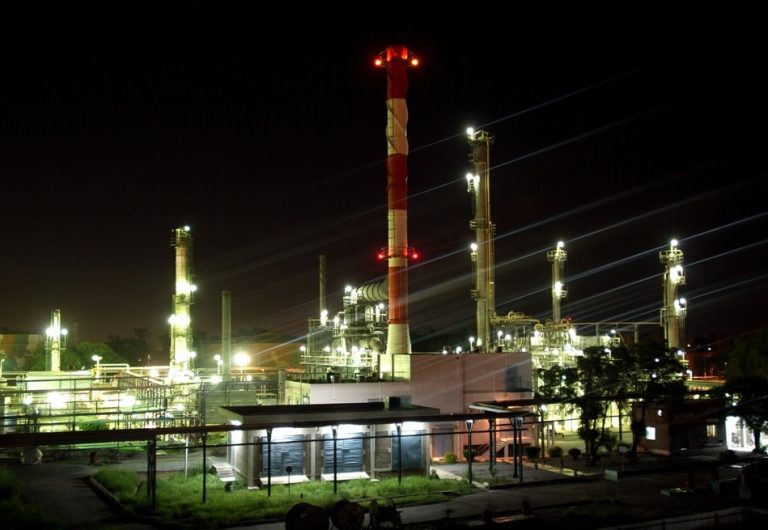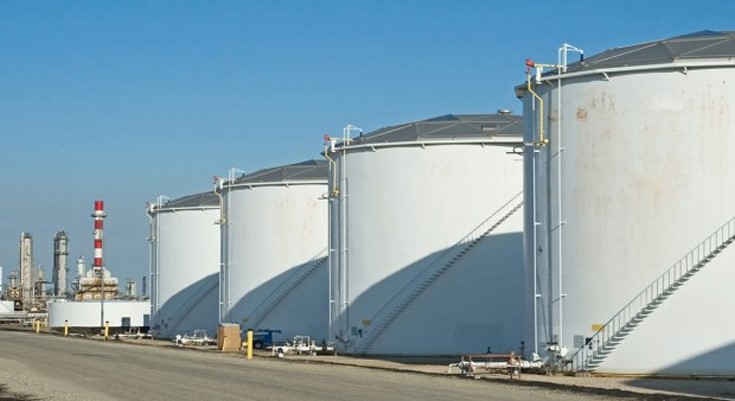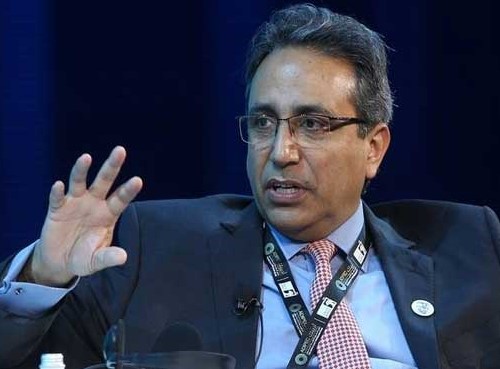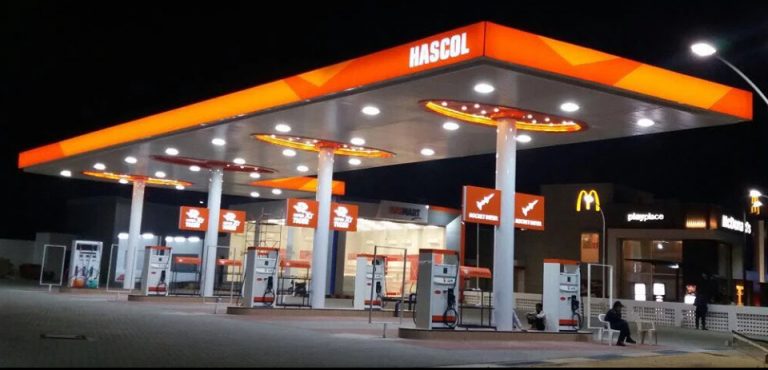PSO to set up SPM to transport imported oil
PSO may emerge as a competitor to Byco after setting up SPM
Aftab Ahmed
The federal government has directed Pakistan State Oil (PSO) to explore the option of setting up Single Point Mooring (SPM) in the Hub area connecting APL pipeline to transport imported petroleum products.
At present, Byco has a single Point Moring (SPM) to transport imported crude oil to its refinery in the Hub area of Balochistan.
Pakistan State Oil (PSO) has been using Asia Petroleum Limited (APL) to transport furnace oil to Hubco. However, the government had shifted its policy towards utilizing LNG in power plants that led to the default of the APL.
Though Byco has been desiring since long to take over the Asia Petroleum Limited (APL), the government has asked the PSO to work out the option of setting up Single Point Mooring (SPM) to transport imported petroleum products.
Sources told Newztodays.com that the federal government directed Pakistan State Oil (PSO) to explore possibilities either their own single Point Moring (SPM) in the Hub area connecting APL pipeline for transporting imported white products to their storage facilities at ZOT oil terminal.
Along with considering a proposal of Byco, PSO is also working on a parallel to set up Single Point Mooring (SPM). The management of the Byco refinery has proposed the utilization of the APL pipeline for transporting 90 percent of its white products from the refinery to Port Qasim.
They said that Byco had assured to make all necessary arrangements including reverse pumping system pipeline connectivity, line fill, product intermix handling, and storage facilities, etc.
Byco had also committed to investing in laying a pipeline connecting Hubco for transportation of RFO as and when required.
At present, APL had faced a financial default due to the shift of government in using fuel oil in the power sector. This policy had put an annual burden of $12.7 million on the government. The company is sustaining a loss due to a shift in the policy of the government.
This has allowed economic policymakers to allow APL to obtain a credit facility from a bank by promising movable and fixed assets of the company. The government has also approved a supplementary grant of Rs 1.9 billion through Pakistan State Oil (PSO) during the last financial year to meet the shortfall in APL.
The Petroleum Division officials said that due to the low use of furnace oil in power plants – Hub Power Company (Hubco), the supply of oil almost cut off through the APL pipeline.
In case of delay in payment to APL, the government would also need to bear the late payment surcharge. Therefore, the finance division had immediately taken up with the Finance Division.
The paradigm shift in the use of furnace oil in the power sector has put the burden of 12.7 million dollars annually on the government for APL. In this regard, for the financial year 2019, the government paid Rs 1.9 billion for the reduction of APL throughput through a supplementary grant.
The government has also allowed availing credit facilities against the company’s movable and immovable assets. APL was incorporated in Pakistan on July 17, 1994, as an energy and infrastructure company established to transfer RFOs through its terminal and pipeline system.
It was built on June 26, 2003, under an agreement between the Government of Pakistan and the APL under the Commission to transfer RFOs from Port Qasim through the Hubco Pipeline System, which generates 1,292 MW of electricity in Balochistan.
Subsequently, PSO and APL entered into an agreement on May 13, 2004, to supply furnace oil to Hubco at a throughput of 1.5 million tons per tonne at a tariff of $12.12 per ton for the first 19 years and $8.49 per tonne by 2027.
The government provided a sovereign guarantee to cover any shortcomings in the guaranteed throughput.
The main reason behind the decline in revenue was the decline in demand for furnace oil from the Power Division as the government’s policy was to increase the consumption of cost-effective fuels like LNG and other alternative sources instead of FO.
According to APL, the shutdown of RFO supplies through its pipeline was creating shortfall claims, and that the company was facing financial and operational challenges. Therefore, in order to meet the liquidity requirements, the company had sought assistance from different banks.








